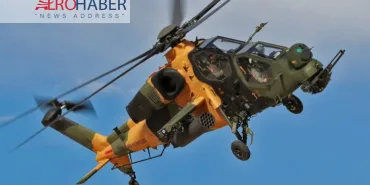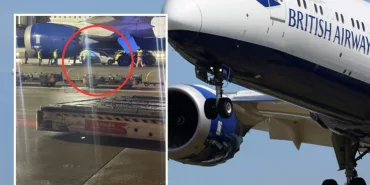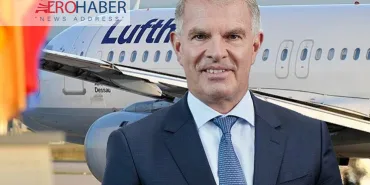As part of Bangladesh’s Force Goal 2030 program, plans are ongoing to enhance air strike and deterrence capabilities with T129 ATAK attack helicopters and other Turkish defense systems.
Bangladesh intends to procure six T129 ATAK attack helicopters from Turkey to modernize its air combat capabilities. This move highlights the country’s determination to strengthen its strategic position in South Asia and respond to security dynamics along its borders with India, China, and Myanmar.
The T129 ATAK is a twin-engine, tandem-seat attack helicopter developed through a collaboration between Turkish Aerospace Industries (TUSAŞ) and Leonardo. Optimized for armed reconnaissance, close air support, and counter-insurgency operations in hot and high-altitude regions, it has a maximum cruise speed of 281 km/h, a combat radius of 537 km, and a service ceiling of 4,572 meters. Its armament includes a 20 mm cannon, 70 mm rockets, and UMTAS and Spike-ER anti-tank missiles.
Bangladesh has previously developed extensive defense cooperation with Turkey by procuring Bayraktar TB2 UAVs, Roketsan TRG-300 Kaplan rockets, Hisar-O+ air defense systems, and MKE Boran howitzers. The acquisition of the T129 ATAK, as a critical part of this modernization effort, will enhance the BAF’s precision strike capability in the Chittagong Hills and eastern border regions.
Negotiations will be integrated with pilot training, simulator installation, and maintenance infrastructure. Turkey has offered Bangladesh a comprehensive defense cooperation package worth approximately $600 million. The deal is expected to both increase local production and technology transfer and enable Bangladesh to achieve operational autonomy.
The T129 ATAK procurement will complete the multidimensional modernization under Bangladesh’s Force Goal 2030 vision and strengthen its deterrence posture in South Asia. Initial deliveries are expected in 2027, with full operational capability projected for 2028–29.
This potential agreement deepens the strategic defense partnership between Ankara and Dhaka, reduces Bangladesh’s reliance on Western and Russian suppliers, and signals a shift toward a multi-vector defense diplomacy involving Turkey, Pakistan, and China.

Aero Haber X-Twitter you can follow his account. Follow









